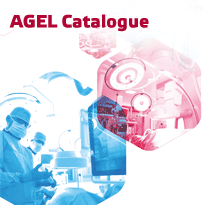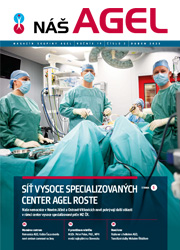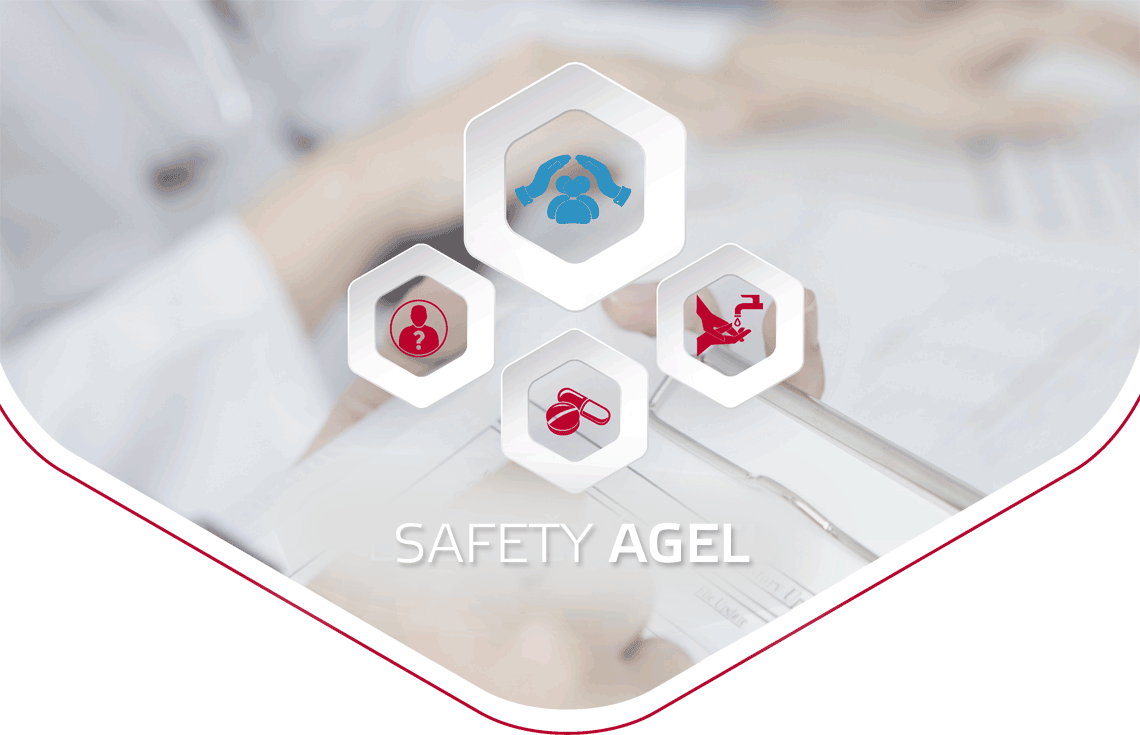
Safety Code for Patients
Listen, ask, communicate
- Familiarize yourself with the internal rules of the hospital and, if necessary, its ambulatory services.
- Follow all recommendations from medical staff.
- Behave safely towards yourself and towards your environment- upon arrival, disclose all outside and current medications, valuables, and do not carry sharp objects or firearms, or other dangerous objects.
- Take careful measures in our healthcare facilities to promote personal hygiene and wash your hands often – specifically to limit the potential for contracting hospital/nosocomial infections.
- During your hospital stay, please be proactive in informing medical personnel of any concerns- so that we can communicate, react, and solve any problems together.
- Do not hesitate to contact our staff.
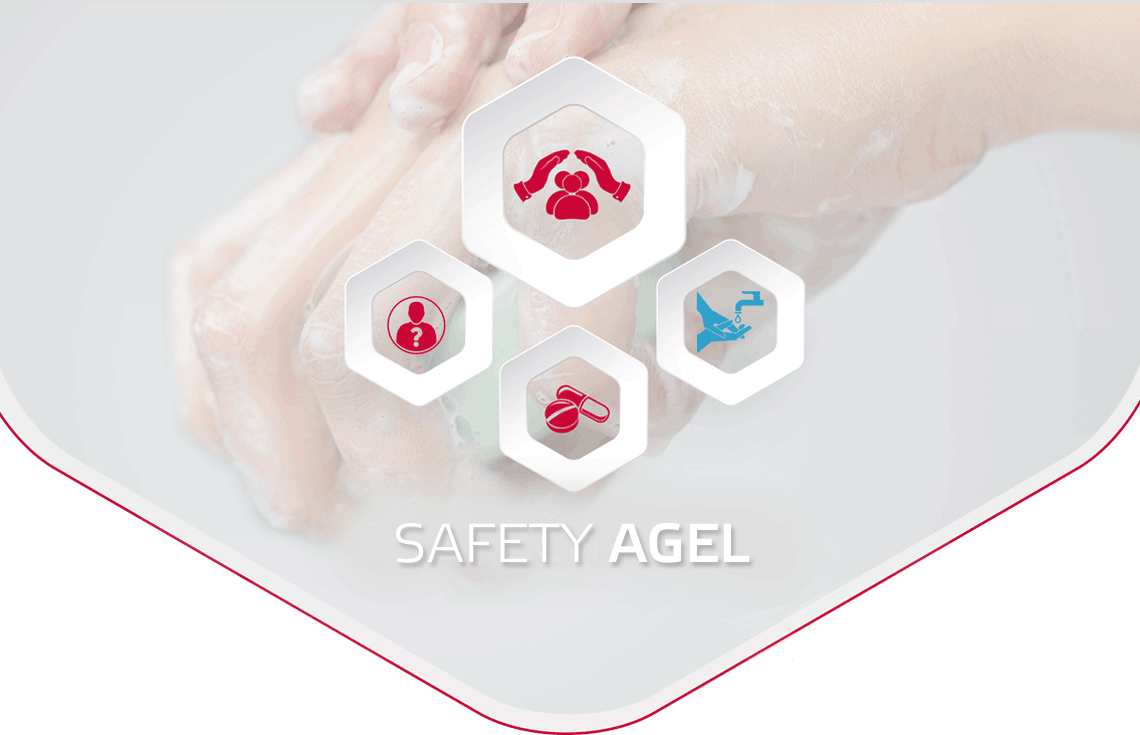
Nosocomial Infections
Infections related to a stay in the hospital.
We adhere to and observe hygiene, and you should as well.
How does our hospital ensure patient safety?
- The patient is informed by the staff concerning issues of hygiene.
- The patient is able to disinfect his/her hands at all times.
- The patient’s bedding is kept clean
- Medical staff adheres to the rules of hand hygiene
- Staff uses the requisite protective gear (masks, gowns, and gloves)
How can a patient ensure his or her own safety?
- Provide medical personnel with genuine and comprehensive up-to-date information regarding their health.
- Truthfully inform staff about current illnesses in the home environment (including, but not limited to, incidence of diarrhea, influenza, viral diseases - smallpox, mumps ....).
- Inform your doctor about your travels or stays abroad in the last year, especially and urgently if you have been treated abroad.
- Do not accept visitors when in close contact with an infectious disease or when you yourself are sick.
- Practice good personal hygiene and hand sanitation rules.
- Alert your physician to any changes in your health status (temperature, cough, pain ...) during hospitalization or treatment at the clinic.
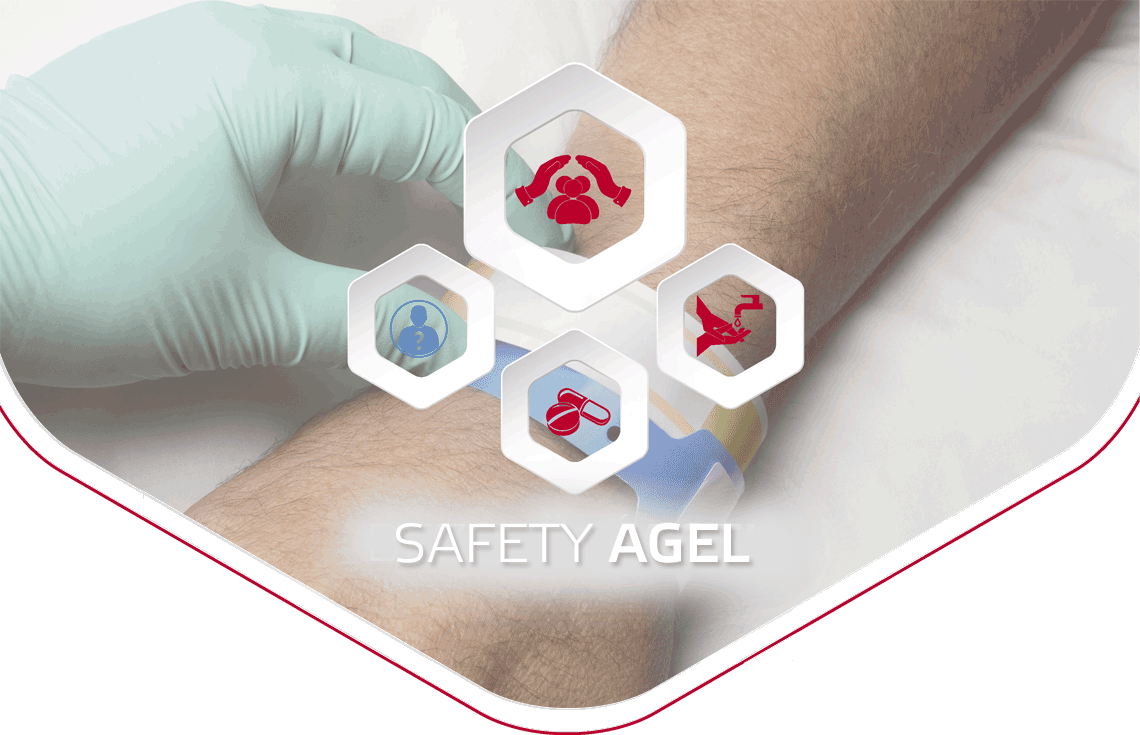
Identifying Patients
We care about you and we respect your uniqueness
How does our hospital ensure patient safety?
- Has standardized and enforced rules for the identification of the patient (for identification- query name, check the label).
- Carries out patient identification each time before administration of drugs, blood, and before and after taking samples for laboratory test.
- Carries out patient identification each time before investigative and medical procedures.
How can a patient ensure his or her own safety?
- Actively cooperate with medical personnel.
- If you have any doubts about the correctness of your patient identification, immediately notify medical staff.
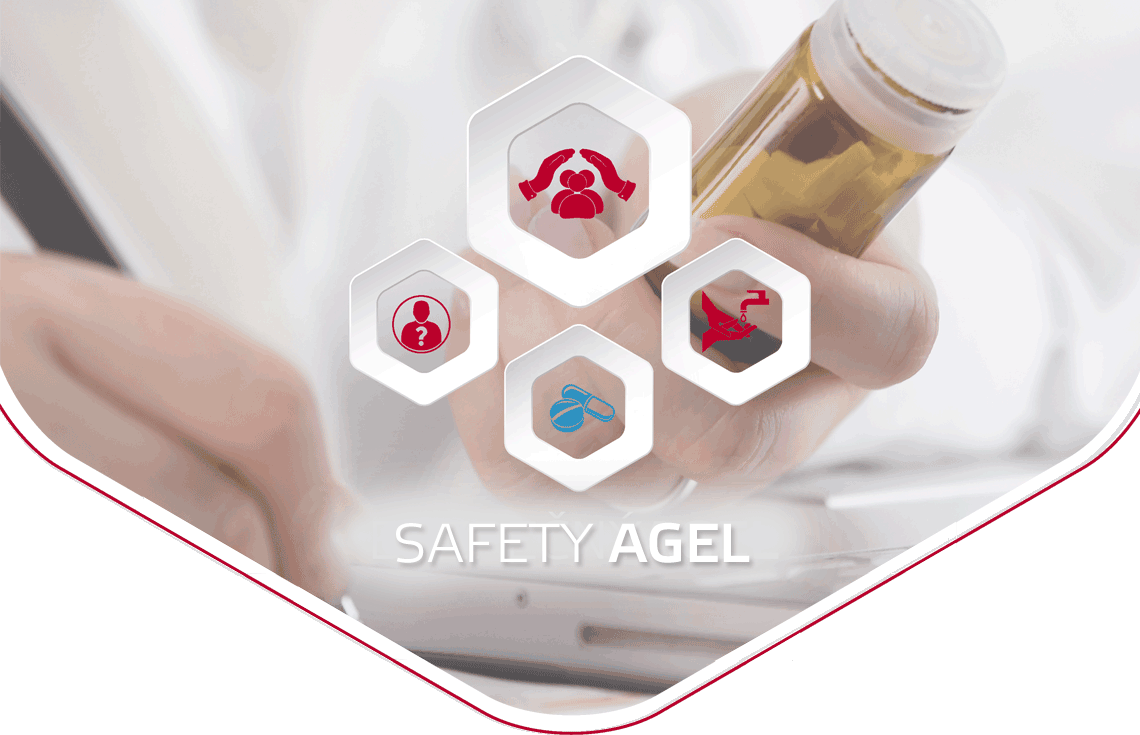
The Safe Administration of Drugs
We only prescribe what is right and what is necessary
How does our hospital ensure patient safety?
- Adheres to the principles of proper drug administration
- Drugs are only administered by a qualified healthcare professional.
How can a patient ensure his or her own safety?
- Provide medical personnel with up to date, accurate, and complete information about their health and provide a comprehensive list of any consistently used medications during visiting the clinic or hospital admission.
- At admission to hospital care, please claim and withdraw all outside medication to medical personel. This is necessary for safety reasons.
- Do not take any self-prescribed medications during hospitalization, especially without the knowledge of health professionals. Prescribed drugs may be negatively affected self-perscribed medications.
- Don’t be afraid to ask your doctor about the medication you receive or why you are prescribed them.

